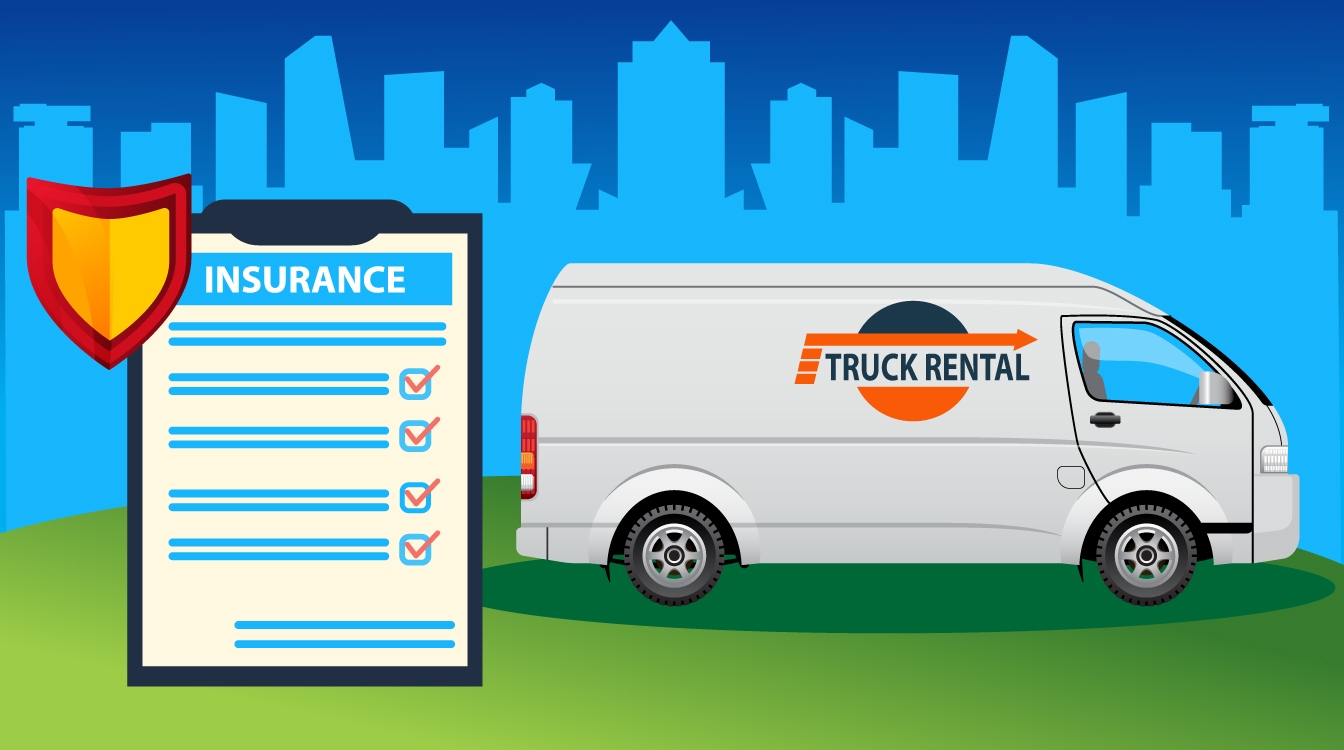Understanding The Pricing For Rental Moving Vehicles
Dive into the pricing structures for rental moving vehicles, making your next move more budget-friendly.

Understanding rental moving vehicle pricing can be daunting for most people considering a self-move. The pricing structure varies depending on the size of the vehicle and duration of the lease, which can significantly affect the overall moving cost. Decoding the way these rental moving vehicles are priced will equip you with a better understanding, allowing you to budget more efficiently for your next relocation.
Demystifying Rental Moving Vehicle Pricing
Before narrowing down your choices, it's critical to comprehend the various factors that influence rental moving vehicle pricing. Factors include the vehicle size, rental duration, mileage, insurance, and additional services or add-ons. Let's unravel these pricing elements to ensure you get the best value for your money in your next move.
Table of Contents
- Impact of Vehicle Size
- Effect of Rental Duration
- Understanding Mileage Costs
- Insurance Options
- Additional Services and Add-Ons
- Peak vs. Off-Peak Pricing
- Leveraging Flexibility in Rental Moving Vehicle Pricing
- Need-to-know Tips for Cost-Efficient Moving
Impact of Vehicle Size

The size of the vehicle plays a decisive role in rental costs. Typically, rental companies offer a range of vehicles, from small box trucks suitable for a studio or one-bedroom apartment move, to larger 26-foot trucks capable of transporting a four-bedroom home's worth of belongings. Naturally, the larger the vehicle, the higher the rental charge. But remember, it may be more cost-effective to get a larger vehicle and make one trip rather than making multiple trips with a smaller vehicle, especially for long-distance moves.
Size and Fuel Efficiency
Additionally, consider the vehicle's fuel efficiency. Bigger trucks consume more fuel, contributing to your overall moving budget. Hence, it's essential to strike a balance between the size of the truck required and its fuel efficiency. Rental companies usually provide MPG (miles per gallon) estimates, which can aid in your calculations.
Effect of Rental Duration
The length of time you need the rental vehicle is another significant factor in determining your total costs. Most rental companies price their vehicles on a daily basis, with some offering half-day rates. For moves taking longer than a day, expect to pay an additional day's worth of rental for each extra day. On the other hand, some companies may offer discounts for weekly or monthly rentals, which could save you money if you're planning a lengthy move. Always remember to return the vehicle on time to avoid late return fees.
Understanding Mileage Costs
Mileage also contributes to the total cost of a rental moving vehicle. Some companies include a specific mileage limit in their rental price, after which you will have to pay an additional fee. Other companies offer unlimited mileage packages. Paying for unlimited mileage might seem unnecessary if you're moving a short distance, but it can be a lifesaver for cross-country moves.
An essential tip to keep in mind: Always plan your route in advance to cut down unnecessary miles and avoid driving in peak traffic, which can slow you down and increase your fuel consumption.
Insurance Options

Rental companies usually offer different insurance options to protect against potential damages or accidents. While these insurances can increase your front-end costs, they can save you a significant amount of money in case of any untoward incident.
- Damage Waivers: This type of insurance covers any damage that the rental truck might incur during your use. There are usually two types: LDW (Loss Damage Waiver) and CDW (Collision Damage Waiver).
- Supplemental Liability Insurance (SLI): SLI provides protection against claims made by a third party for bodily injury or property damage.
- Personal Accident and Cargo Protection: This insurance covers you and your goods in the moving vehicle. It is especially useful for long-distance moves.
Note: Your personal auto insurance policy might cover rental vehicles, so it's worth checking with your insurer before purchasing separate insurance.
Additional Services and Add-Ons
Many rental moving companies offer services above and beyond the vehicle rental. These services, which can be convenient, typically come with their own costs. For instance, services like packing assistance, moving supplies, or even hiring labor for loading and unloading of goods might be available. If you foresee needing these services, factor them into your budget and compare the combined cost with full-service movers to see which is more cost-effective.
Peak vs. Off-Peak Pricing

Just like with airlines and hotels, moving truck rentals also operate on peak and off-peak times. The time of year, week, or even the time of day can influence the cost of your rental. Late spring and summer months are known as the "moving season," during which prices can spike considerably. Likewise, weekends and end-of-the-month dates are also popular and thus more expensive.
Potentially, if you can be flexible with your move date, consider scheduling your move for an off-peak time to take advantage of lower rates.
Reservations and Cancellation Policies
Keep in mind that just like with peak pricing, some companies may enforce strict cancellation or change policies, including fines for changes made within a certain period before the move. Always check the fine print before booking.
Leveraging Flexibility in Rental Moving Vehicle Pricing
Flexibility can be a powerful tool in saving on rental moving vehicle expenses. As mentioned, moving during off-peak times can dip prices. But there's more. Possibly, you could also get a discount for returning the vehicle to a high-demand location. Some businesses may reduce costs if they have a surplus of vehicles in one spot and need them elsewhere. Calling the company directly and asking about any such options can often reveal opportunities for savings.
Need-to-know Tips for Cost-Efficient Moving

- Research: As with any major purchase, shop around. Compare different companies, look at their pricing, read reviews, and consider their offerings before making a decision.
- Hidden Costs: Don’t get caught off guard by unexpected moving vehicle rental costs. Ask for a detailed estimate upfront. Ensure it includes all potential fees like those for additional mileage, late return, or cleaning.
- Plan: Organizing your move efficiently can save time, reduce stress, and cut costs. For instance, by packing items efficiently, you may be able to rent a smaller truck.
- Book early: Especially during the peak moving season, vehicles can get booked up quickly. So, securing your rental well in advance is a must to ensure availability and lock in a good price.
Ultimately, understanding rental moving vehicle pricing can provide huge potential savings. With transparent pricing being the industry's exception rather than the norm, being aware of the practices discussed in this guide can make the difference between a stressful move and a breezy transition into your next chapter.
What's Your Reaction?

























































